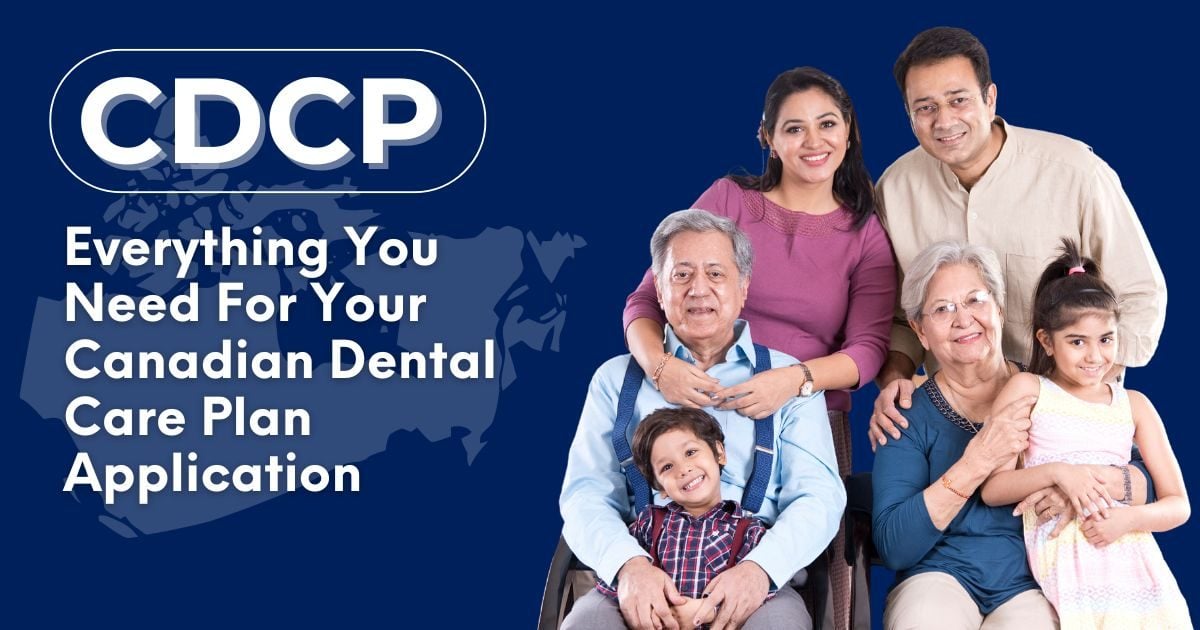Teething refers to the time when a child’s teeth begin to grow in and break through the gum line for the first time. This happens between 6 and 24 months of age and can be quite painful and aggravating for the child. During this time, children are drawn to putting things in their mouth in an attempt to reduce the discomfort that comes from swollen and tender gums. Luckily, there are some ways you can help your child ease their teething pain. Read on to discover the best healthy tips for soothing a teething baby.
Cold is king
A big part of why teething children feel discomfort is swollen gums. Cold compresses are great at reducing swelling, so have a stash of clean, moist washcloths in the fridge and use one to rub very gently along their gums or allow them to suck on it with supervision. There are also teething rings on the market which are generally soft and meant to be put in the fridge. These are a great way to let your child soothe themselves by chewing and sucking while the cold reduces swelling. If you prefer to not use a teething toy, you can use large hard vegetables such as a chilled, peeled carrot or a large chilled and rinsed pickle. Be sure to only give your child these while they are under supervision so that you can get rid of any pieces that may break off and pose a choking hazard. Another option is to put the child’s pacifier in the fridge to give them a chilled and soothing sucking experience.
Rub their gums
Gentle pressure can provide some relief to sore oral tissues. Try running a clean, wet finger along the length of the child’s gums. You can also allow your child to suck and gum your finger as they please. Keep in mind that whenever you put your fingers into your child’s mouth, your hands should be freshly cleaned and your nails should be cut very short to prevent them injuring themselves.
Don’t forget about the drool
A side effect of teething is that the child will produce a lot of drool and often this will end up outside of their mouth. Make sure to to wipe away any drool that’s on their chin, cheeks, or anywhere else outside of their mouth. Dried drool can irritate skin and cause it to dry out, creating another irritant for the child. To prevent their skin from drying out, apply a gentle moisturizer made for babies to their chin and cheeks.
Medical solutions
There are many types of medications that come in liquid, gel, and pill form that provide relief from pain, specifically for babies. These may help your child feel less pain for a period of time but are best used in conjunction with the natural remedies above. Before giving your child any type of medication, consult your healthcare professional for their advice as some medications may not be appropriate for your child.
Never provide chilled sweets
Cold or frozen treats such as popsicles, chilled juices, or any other sugar-filled snacks are not an appropriate choice for teething children. Yes, they are cold, but they may be too cold and could harm your child’s oral tissues. These food are also filled with sugars that could promote destructive bacterial growth in your child’s mouth. During teething it’s imperative to keep your child’s mouth clean to avoid infection since their gums and oral tissues will already be aggravated and vulnerable.
Never freeze teething toys
Putting teething rings, washcloths, and other teething aids in the fridge is a great way to give your child cooling relief, but putting them in the freezer gets them too cold and too hard. Extreme temperatures and rigid surfaces can be very dangerous and can harm your child’s mouth quickly. Stick to keeping teething toys in the fridge for a safer chilled temperature.
Never use medications meant for anything other than teething children
There are medications safe for adults to use when treating pain but are very dangerous to children. There may also be certain medications that your child may respond to negatively. Always consult your healthcare professional before giving your child medication or any kind, including homeopathic remedies.
If you have questions about your child’s teeth, consult one of our practices that provides Pediatric Dentistry.






